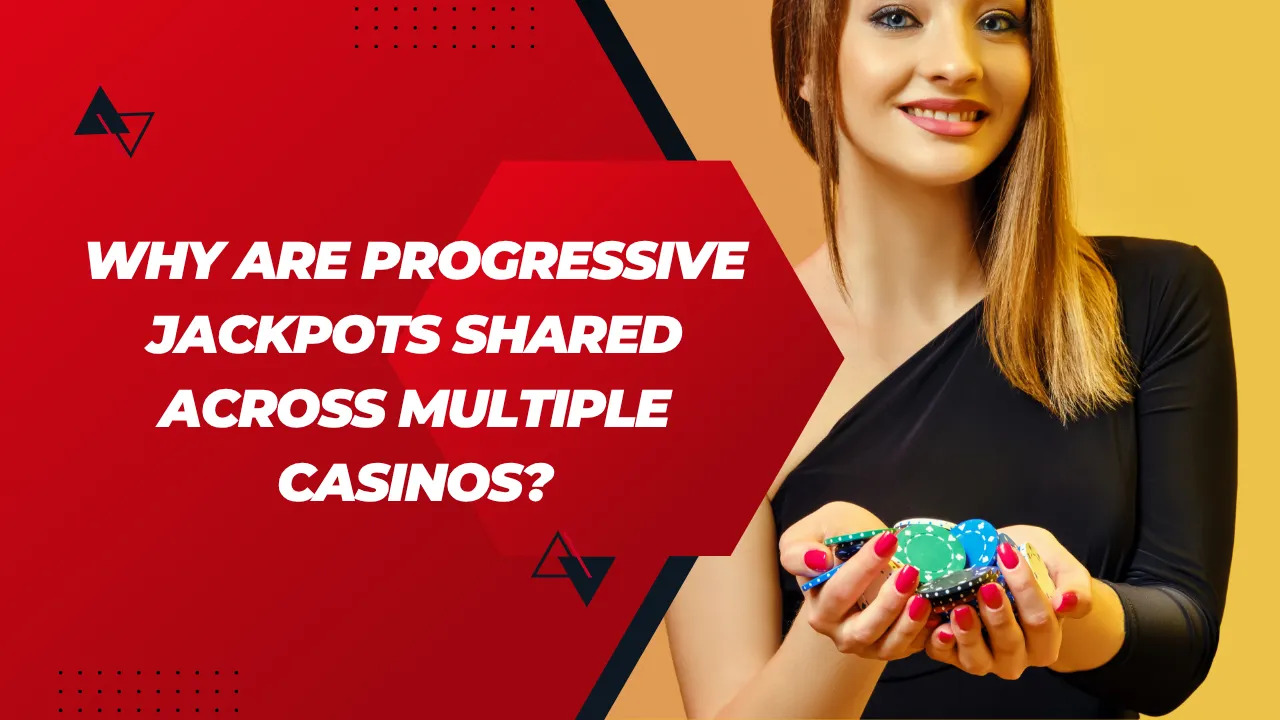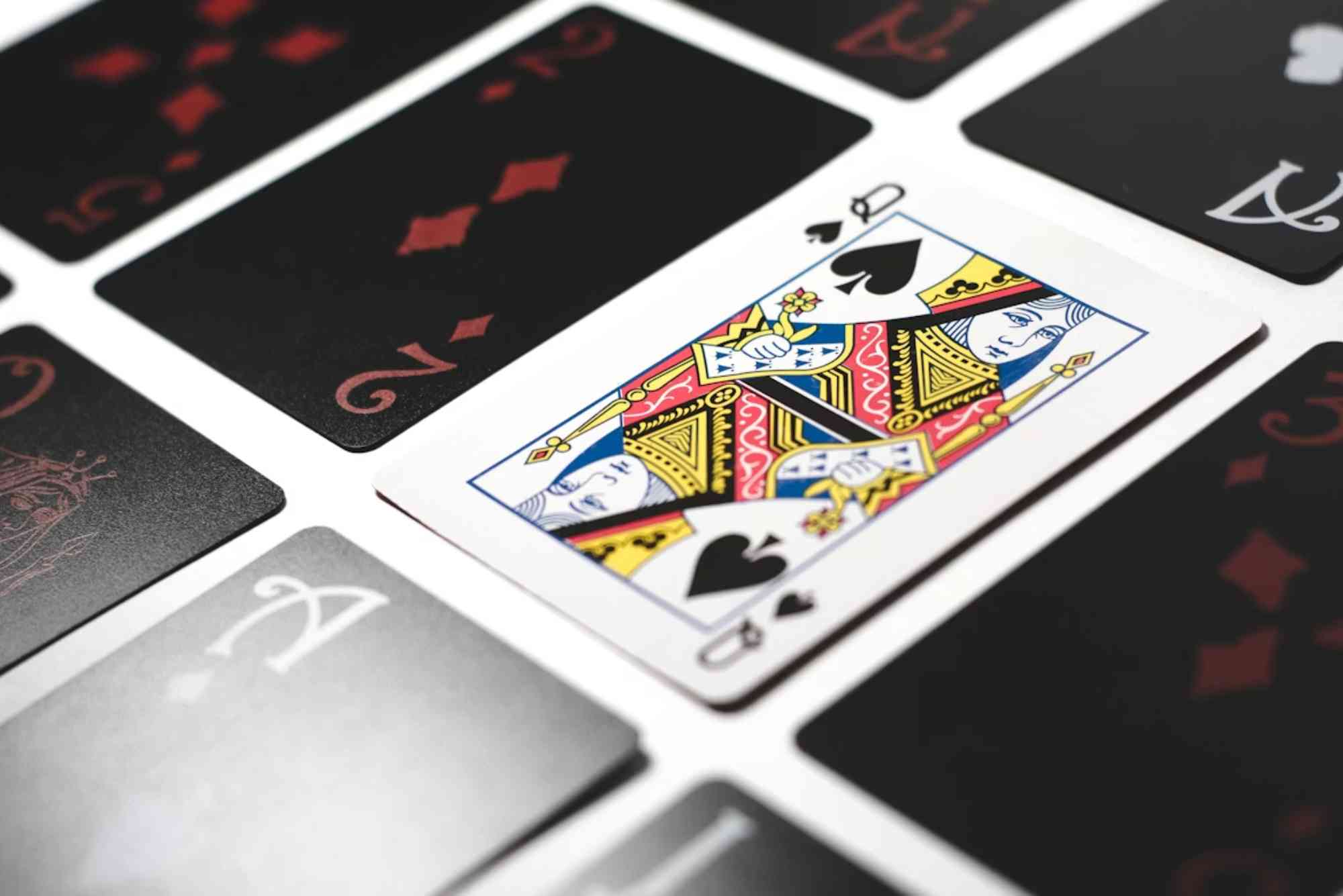Progressive jackpots have a magnetic allure in the world of gambling. The thought of spinning a slot reel and potentially walking away with life-changing sums has drawn countless players over the years. But one aspect that often surprises new players is how these jackpots are not confined to a single casino. Instead, many progressive jackpots are pooled across multiple casinos, allowing the prize money to skyrocket at a much faster pace.
From my own years of following the casino industry, both land-based and online, it’s clear that shared progressive jackpots are not just a gimmick — they’re a carefully designed system that benefits casinos, game developers, and players alike. To truly understand why this model works, let’s dive deeper into the mechanics, motivations, and implications behind shared progressive jackpots.
How Progressive Jackpots Work
A progressive jackpot is different from a fixed jackpot because the prize pool grows with every bet placed on the game. A small portion of each wager is added to the jackpot fund, which continues to build until one lucky player wins it all. Once the jackpot is claimed, the prize resets to a predetermined base level and starts accumulating again.
In single-casino setups, the pool grows slowly because it only draws from that casino’s players. However, when multiple casinos contribute to the same jackpot through a shared network, the growth accelerates dramatically. This explains why you see jackpots worth millions on popular progressive slots like Mega Moolah or Hall of Gods.
The sheer size of these jackpots would be impossible if a single casino were funding them alone. Shared networks make them not only feasible but incredibly attractive to players who are drawn by the dream of winning a life-changing prize.
Why Casinos Agree to Share Jackpots
At first glance, it might seem counterintuitive for competing casinos to share a jackpot. Why would they willingly contribute to a prize that another casino’s player might win? The answer lies in player psychology and market dynamics.
When jackpots grow larger, they attract more attention and more players. A casino that offers access to a multi-casino jackpot is instantly more appealing than one limited to smaller, local prizes. Even if the jackpot is won by someone at a different casino, all participating platforms benefit from the increased traffic, wagers, and publicity generated during the buildup.
This network effect ensures that each casino gains far more in long-term revenue than they contribute to the prize pool itself. In short, it’s a shared investment in creating buzz and attracting loyal players.
The Role of Game Developers and Networks
Behind the scenes, it’s not usually the casinos themselves who manage progressive jackpots — it’s the game developers and software providers. Companies like Microgaming, NetEnt, and Playtech design slot games and connect them to shared jackpot networks.
These networks link multiple casinos that license the games, ensuring that every spin feeds into the same prize pool. For developers, this model is a win-win. It strengthens the appeal of their games, fosters brand loyalty, and allows them to offer record-breaking jackpots that set their titles apart from competitors.
For casinos, participating in these networks is an easy decision. They can advertise massive jackpots without shouldering the entire financial risk, while developers manage the backend mechanics and ensure fair distribution of the prize when it’s won.
The Impact on Players
From a player’s perspective, shared progressive jackpots offer a unique thrill. The numbers climb quickly, sometimes reaching sums that rival national lotteries. This creates a sense of urgency and excitement — every spin feels like a ticket to an extraordinary opportunity.
It’s also important to recognize that odds of hitting a progressive jackpot are slim, and casinos make this clear. However, the chance itself — the knowledge that someone, somewhere, will eventually win — fuels participation.
Online players, especially those who frequent slot sites uk, often find that shared progressives are the highlight of their experience. These jackpots create a sense of community, where thousands of players contribute to the same prize, all chasing the dream together. It’s a rare example of competition and cooperation blending seamlessly in the gambling world.
Marketing and Publicity Value
Shared jackpots are also marketing gold. Headlines about record-breaking wins spread quickly through news outlets, social media, and gambling forums. A single win can generate millions in free publicity for both the developer and the participating casinos.
This ripple effect often draws new players who may never have considered playing before. Even if they don’t win the jackpot, their presence contributes to the casino’s overall revenue through other games and services. In this way, shared jackpots become powerful tools for player acquisition and retention.
Regulatory and Transparency Considerations
Of course, with large sums of money at stake, regulation plays a key role in ensuring fairness and transparency. Shared progressive jackpots are heavily monitored by licensing bodies, which require robust auditing and payout systems.
Casinos and developers must maintain trust, and that means guaranteeing players that the games are fair, the prize pools are properly funded, and the payouts are made swiftly. The digital nature of online casinos makes it easier to track contributions and ensure everything is accounted for, further strengthening player confidence.
Why This Model Will Continue to Thrive
As online gaming expands globally, the shared jackpot model is unlikely to disappear anytime soon. In fact, it’s evolving. Developers are exploring ways to integrate progressives into new formats like live dealer games and cross-platform play.
With the rise of blockchain technology and cryptocurrencies, the transparency of jackpot contributions and payouts could become even more robust. Imagine a jackpot system where every transaction is visible on a blockchain ledger — it would redefine trust in the industry.
At the heart of it, though, the appeal remains simple: shared jackpots create bigger prizes, which attract more players, which in turn fuel even bigger jackpots. It’s a self-sustaining cycle that benefits everyone involved.
Conclusion
Progressive jackpots shared across multiple casinos are more than just a technical innovation; they represent a clever alignment of interests between players, casinos, and developers. By pooling wagers, these jackpots grow to incredible heights, creating excitement, publicity, and player loyalty.
For casinos, it’s a competitive necessity. For developers, it’s a branding powerhouse. And for players, it’s the chance — however slim — to transform a small wager into a life-altering win.
The model thrives because it works, and with technology advancing, we can expect progressive jackpots to become even more sophisticated and engaging in the years ahead. Whether you’re spinning reels in a physical casino or online, the shared jackpot system is here to stay, continuing to fuel dreams of that one lucky spin.









